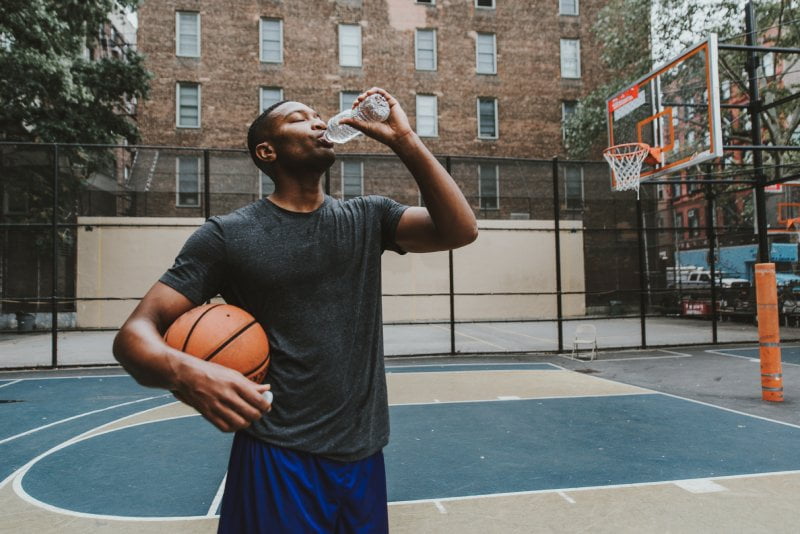
Take a moment to think about when you had your last sip of water.
If you find yourself randomly feeling tired, experiencing headaches, muscle soreness or difficulty concentrating, it could be due to dehydration. As the COVID-19 pandemic continues to be a major public health threat, it’s more important than ever to stay hydrated, flush our bodies of toxins, and assist our immune systems in staying ready and robust. But what should you drink (and not drink), and how often? Here’s what you need to know about healthy hydration every day:
Stick to Water
Water is your best source of hydration. Other nutritionally valuable sources include fruits and vegetables, which also contain vitamins and minerals. Though you can get your daily intake of liquids through drinks like smoothies, juices, sports drinks and tea, these can be high in calories and contribute to unwanted weight gain. Liquids with caffeine (such as coffee and energy drinks) and items containing alcohol can be counterproductive, contributing to dehydration. So even if you get your liquid intake through fruits, veggies, sports drinks and other sources, it makes sense to add several glasses of plain old H2O to your daily routine.
Check Your Hydration Status
To easily check whether you’re hydrated enough, check the color of your urine. It should be pale yellow like lemonade. If it’s dark yellow to orange (like apple juice), you are dehydrated.
There’s a simple equation you can use to estimate your ideal water intake. Take your body weight in pounds and divide by two for the amount of water you should drink daily in ounces. For example, if you weigh 180 pounds, you should consume 90 ounces of water (about 12 glasses or six 500 mL bottles). In general, waiting until you are thirsty means you are already dehydrated, so it’s important to drink water, enjoy fruit or hydrate other ways throughout the day.

Active Lifestyle? Drink Early and Often
Hydration is always important, but you need to be especially vigilant when working out. It can take as little as 1% percent of body-weight loss in sweat to affect your performance. So replace what you have lost by hydrating early and often. If you weigh yourself before and after workouts, drink 16 ounces of fluid for every pound dropped.
If you engage in more than one hour of physical activity, sports drinks such as Gatorade can help provide fuel for the body and replace electrolytes (especially sodium) that are lost in sweat. For athletes, in particular, it’s important to keep hydrated before, during and after activities. Your performance can improve tremendously with adequate water intake, increasing speed, preventing injuries and reducing muscle soreness.
When Hydrating, Think W.A.T.E.R
- Water Bottle: To encourage regular hydration, bring a water bottle with you on the go. It’s a simple visual reminder because as the adage goes, “Out of sight, out of mind.” Try one with a straw attachment, which also makes it easy to drink in public without the need to fully remove your face mask.
- Apps: On your smartphone, try water intake apps that help keep track of your daily consumption. Try the friendly Plant Nanny app, which turns drinking into a fun, animated game.
- Talk: Talk to your friends, family or co-workers about your hydration goals, and encourage them to join you as accountability partners.
- Eat: Eat more fruits and vegetables. Try adding extra flavor to these with a squeeze of lemon juice or a sprinkle of low-calorie sweeteners.
- Reminders: Set reminders to drink water on your smartphone, or use a water bottle with printed reminders to reach your goals.
Dr. Naima Stennett is a board-certified family medicine physician and sports medicine fellow.
































